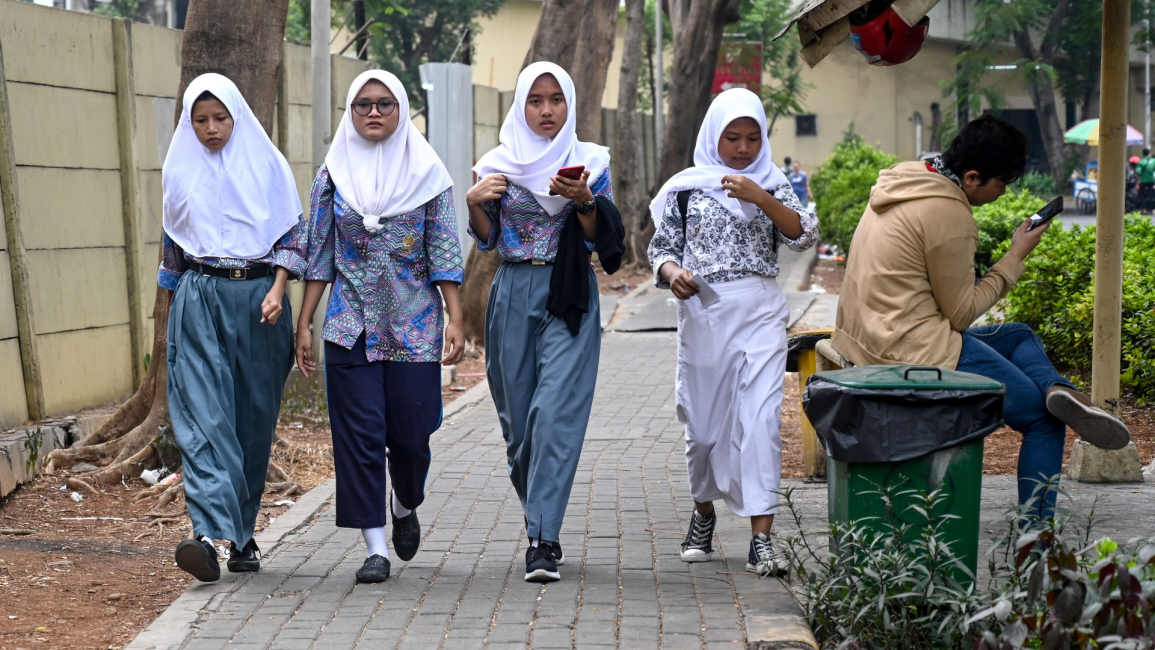Indonesia bans Ramadan exodus over coronavirus fears
Muslim majority Indonesia on Friday banned an annual exodus that sees millions travel across the vast nation to mark the end of Ramadan over fears of a surge in Covid-19 infections.
Travellers pack into airports, train stations and ports across the nearly 5,000 kilometre (3,100 mile) long archipelago in a mass migration, known as Mudik, that is similar to China's Lunar New Year holiday or Christmas.
Many head to hometowns in time for celebrations at the end of Islam's holy fasting month, a festival known as Eid al-Fitr.
Ramadan ends in mid-may this year.
On Friday, the government said it was banning the exodus as Indonesia -- one of the worst-hit nations in Asia -- rolls out a massive inoculation campaign.
The country earlier announced an ambitious target to vaccinate more than 181 million of its nearly 270 million people within a year.
"There will be no Mudik in 2021," Culture Minister Muhadjir Effendy said in a statement, citing fears of spreading the virus and inoculation efforts.
But he added that some may get exemptions for "urgent travel", without elaborating.
Fearing a public health disaster, the government last year slapped a ban on domestic sea and air travel and set up roadblocks to stop the cross-country movement.
But many took advantage of loopholes in the rules -- as well as relying on people smugglers and bogus travel documents -- to get around the ban.
Indonesia has officially reported nearly 1.5 million infections and more than 40,000 deaths.
But low testing rates mean the crisis is believed to be much more severe than those figures suggest.



